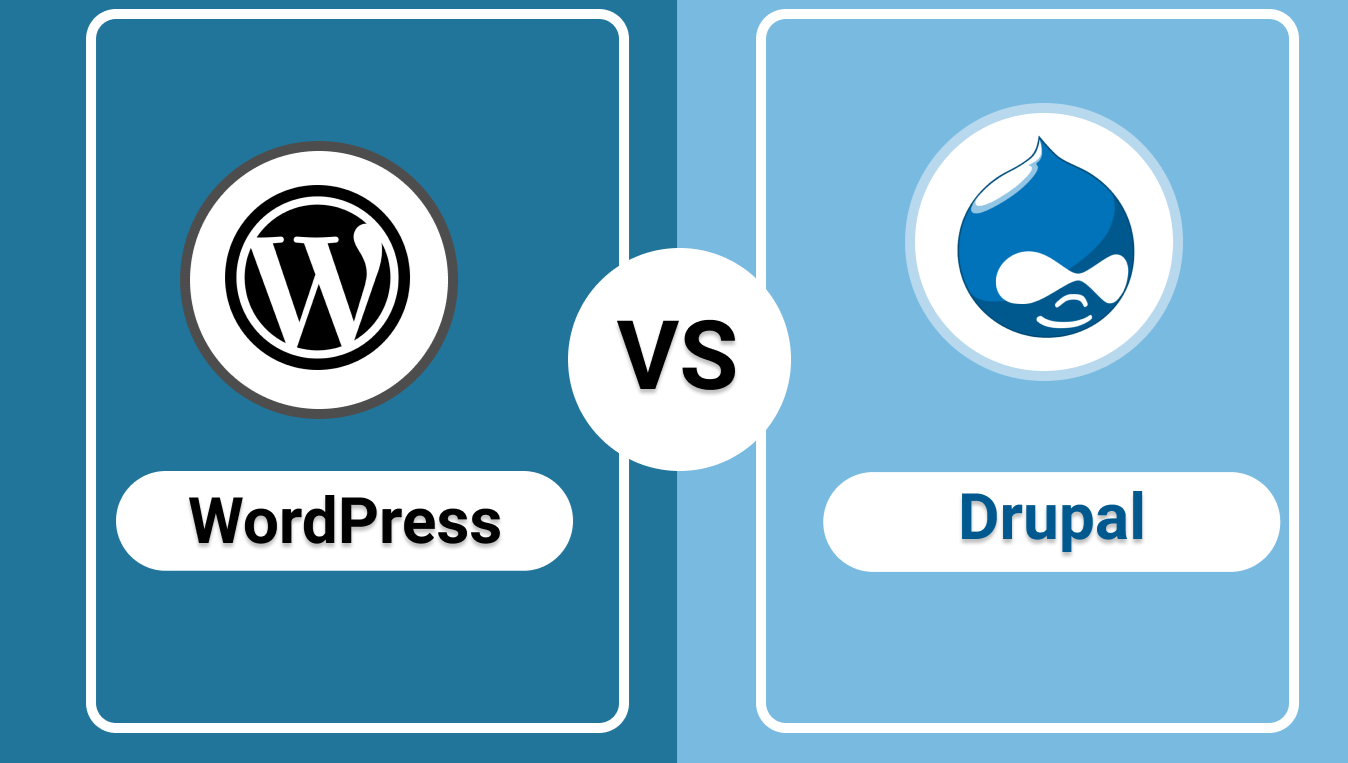
diffrence between wordpress and drupal
Quick Introduction To WordPress And Drupal
According to a report by Grand View Research, the global open source services market is expected to grow at a compound annual growth rate of 16.9% from 2023 to 2030. Drupal and WordPress are both significant examples of community-backed open source software evolution and their popularity is expected to further rise.

What Is Drupal?
Launched in the early 2000s, Drupal has come a long way. Drupal 10 released in 2022, has emerged as an advanced and exceptional iteration. It introduces several key improvements like:
- Better user interface
- Improved keyboard accessibility
- Drupal 10 CKEditor 5
- The Olivero theme
- Twig 2 support
- Layout builder enhancements

What Is WordPress?
WordPress, a dynamic CMS, hosts and crafts websites with its template system and plugin framework, enabling tailored design for projects. The open source CMS has evolved significantly over the years, enjoying 59.8% of CMS market share. WordPress is often considered one of the best Drupal alternatives.
WordPress is about to introduce Jetpack AI Assistant, a tool designed to effortlessly generate and edit text. It will act as a complementary feature for WordPress users for a limited duration, while Jetpack users will receive 20 free requests before being charged a monthly fee. This is a significant milestone in the CMS industry.
CMS Choices: Drupal Vs WordPress CMS
The following table helps you to compare Drupal and Wordpress.
Advantages of Drupal Vs WordPress | ||
Drupal |
| WordPress |
| Lengthy installation process | Installation | Easy to install |
| Steep learning curve, but not difficult to use once users are familiar with it | Ease Of Use | Beginner-friendly, easy to build a website within a day or a few weeks |
| Several security modules add a strong shield of protection | Security | Comparatively vulnerable to security threats owing to third-party plugins; can be mitigated with best practices |
| Provides enhanced SEO capabilities like better meta tags, structured data, and canonical URLs | SEO Capabilities | Offers several built-in SEO plugins such as Google Analytics and automatically generated XML sitemaps |
| Over 40,000 Drupal modules for customization | Customization | 53,000+ free plugins and 5,000+ WordPress free themes |
| Blazing fast server communication and response speed helps handle large websites with thousands of pages more effectively | Speed | Speed depends on size and scope of websites |
| Support through forums, community documentation, Stack Exchange and Core Issue Queue | Support | Live chat support available 24/7 on weekdays, localized email support, contact forms and community forums |
| United Nations Harvard IBM NASA Tesla | Notable Websites | Vogue Time TedBlog Walt Disney Company Meta Wired |
WordPress Vs Drupal: Detailed Comparison
Let us now compare Drupal vs WordPress features.
Installation
WordPress's simplicity in installation has attracted a vast user base. Over 500 sites are built each day using WordPress. In comparison, Drupal’s installation is slightly complicated, but it does offer extensive customization capabilities and is favored for complex and large-scale projects.
Ease Of Use
WordPress streamlines the process of going from nothing to a fully functional website within 24 hours, making it highly beginner-friendly.
When comparing WordPress to Drupal, Drupal can be considered more challenging to learn, but it is not difficult to use. One of the main benefits of Drupal is its new theme generator tool in Drupal 10, which simplifies the creation of custom themes.
Security
WordPress is more vulnerable to threats. According to HubSpot, WordPress security issues are related to plugin vulnerabilities, theme vulnerabilities, and core software vulnerabilities. With the best WordPress security practices though, it is possible to reduce these vulnerabilities.
Drupal’s security modules add a strong shield of protection to the websites built using the platform. Drupal 10’s Symfony 6.2 PHP framework is all set to offer a more secure, and feature-rich foundation.
SEO Capabilities
In the comparison of Drupal vs WordPress, WordPress offers several SEO plugins and automatically generated XML sitemaps. Some of WordPress's built-in SEO tools include Mailchimp and Google Analytics. However, access to advanced SEO tools, the ability to leverage Google Analytics, or the option to install third-party plugins is limited to users on the Business tiers.
Drupal 10 helps users enhance their website's visibility on search engines with improved meta tags, structured data, and canonical URLs. These enhancements complement existing SEO features such as customizable meta tags, title-based URL nodes, and RDF support.
Customization
WordPress offers a staggering 55,000+ plugins in its directory. Its most popular e-commerce plugin, WooCommerce, is widely adopted, powering 6.3 million websites worldwide.
Drupal boasts over 40,000 modules for site customization. The new Olivero theme in version 10 enhances the user experience with a modern interface.
Speed
Speed may not be one of the strengths of WordPress CMS. It largely depends on how the websites are optimized. Here are reasons why website build with Drupal alternatives may be slow:
- Multiple external scripts
- The site’s hosting provider
- Server-side optimizations
- Unoptimized content
- Poorly coded plugins
- Sluggish themes
- Lack of dedicated resource to serve content
Drupal isn’t resource-intensive. That’s how it offers blazing fast server communication and response speeds. This allows users to handle large websites with thousands of pages more effectively. One can also add extensions to further boost performance, such as enabling website caching.
Support
WordPress offers Live chat support available 24/7 on weekdays, localized email support, contact forms and community forums. Drupal extends its support through forums, community documentation, Stack Exchange and Core Issue Queue.


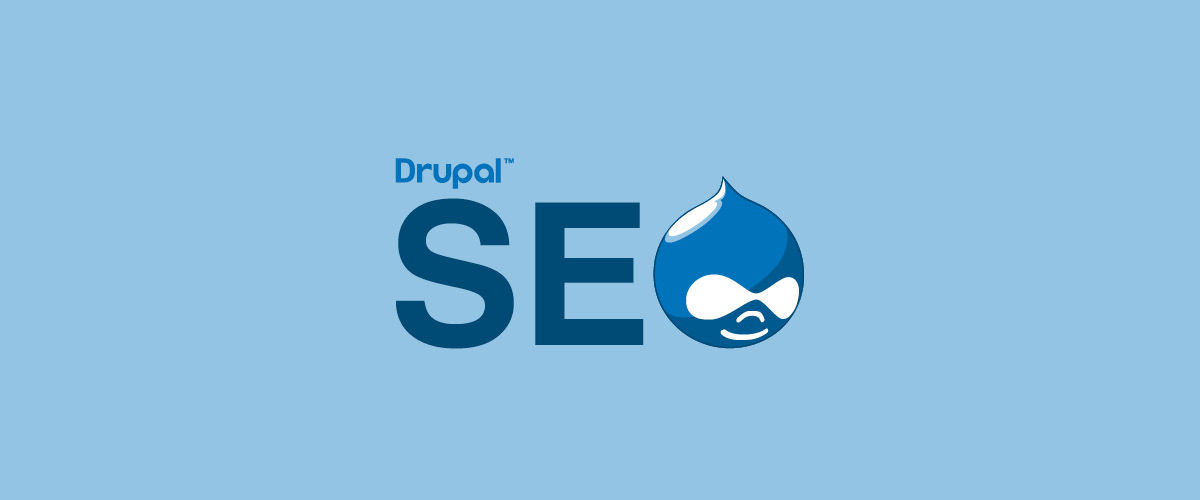
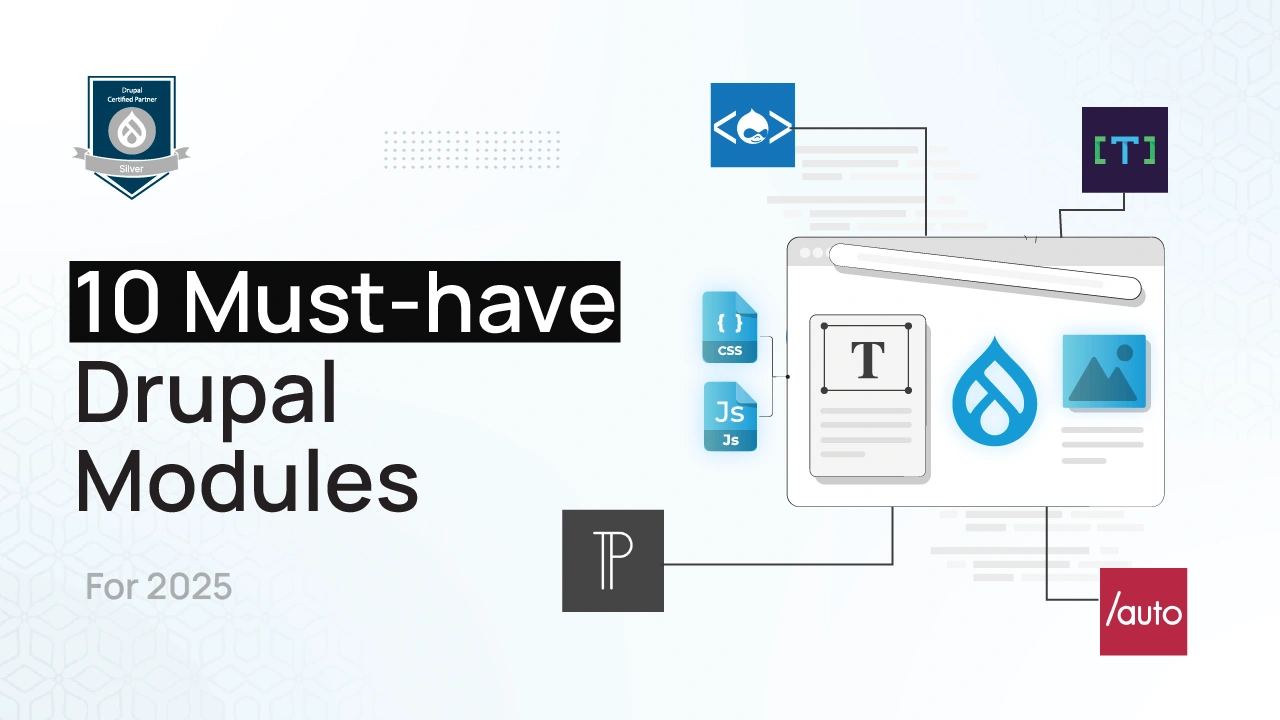

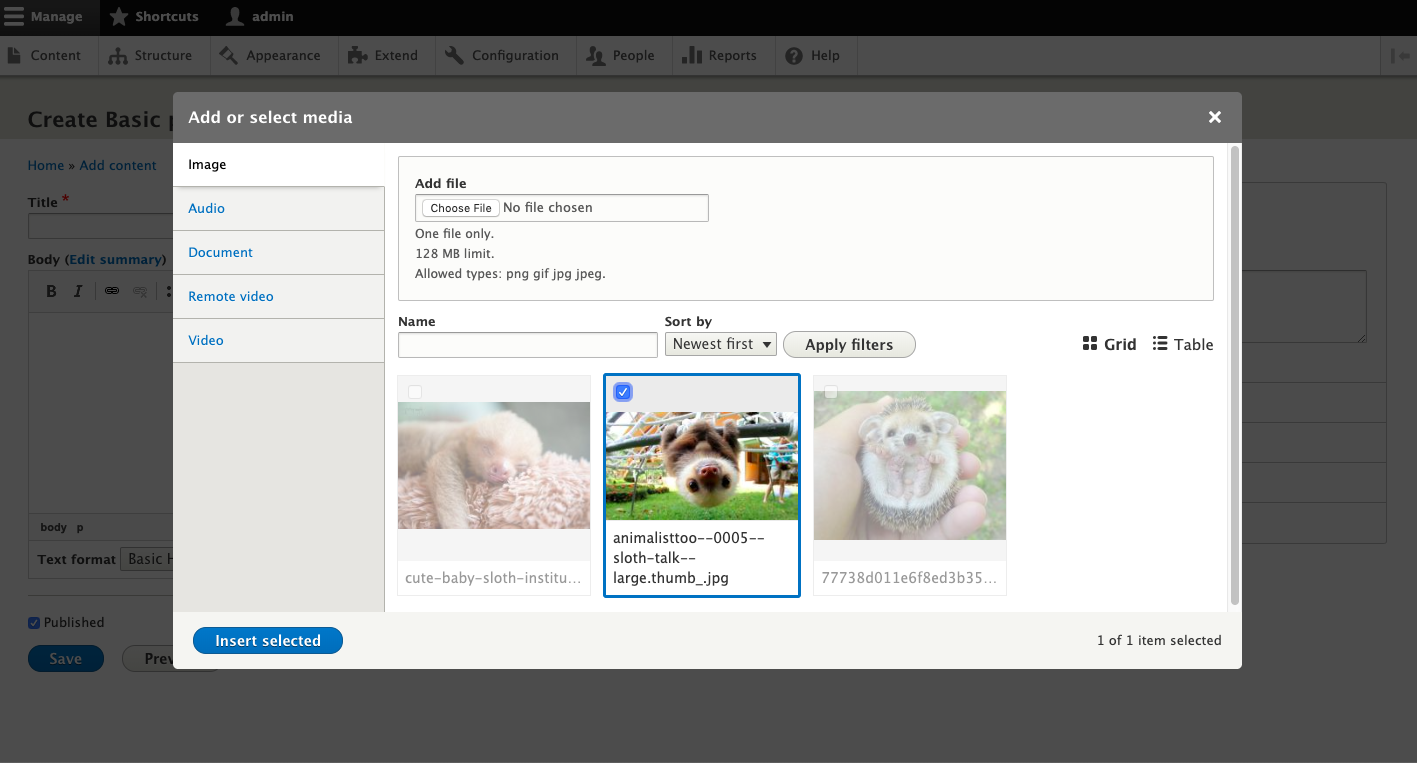
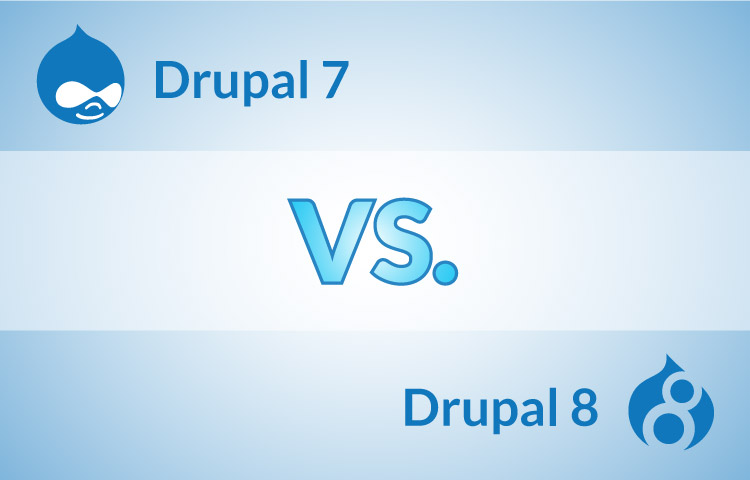
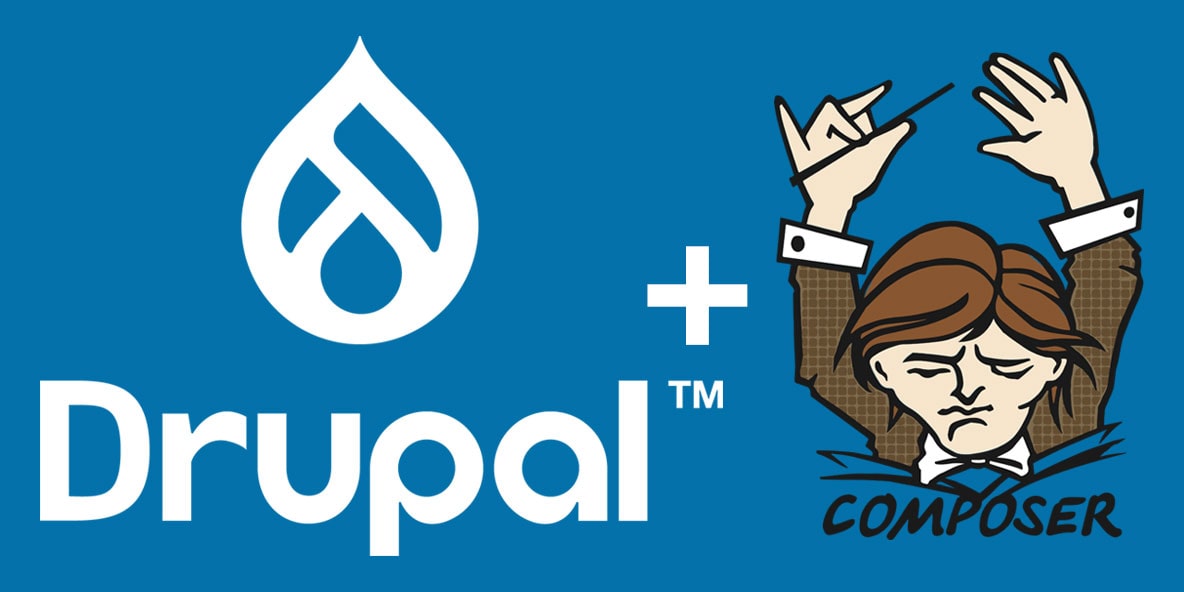
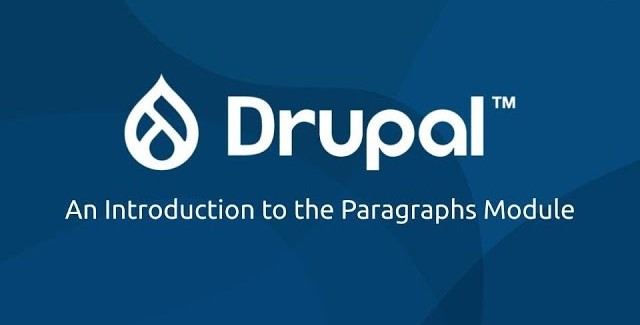

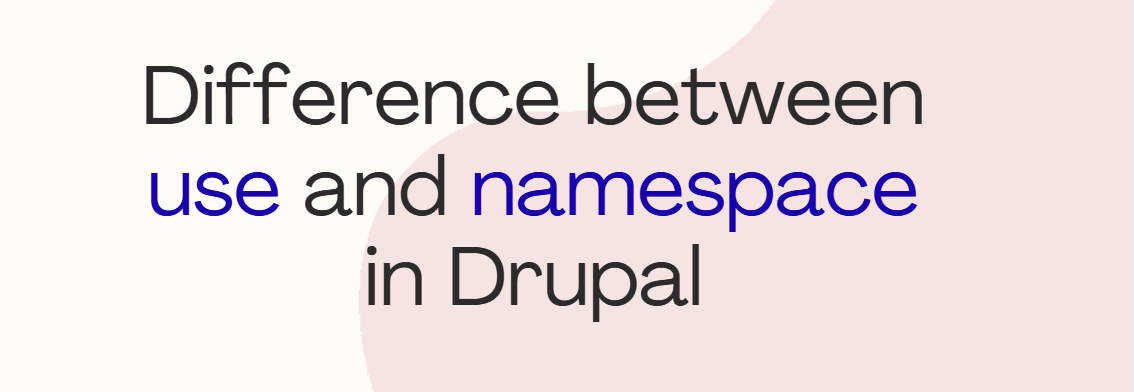
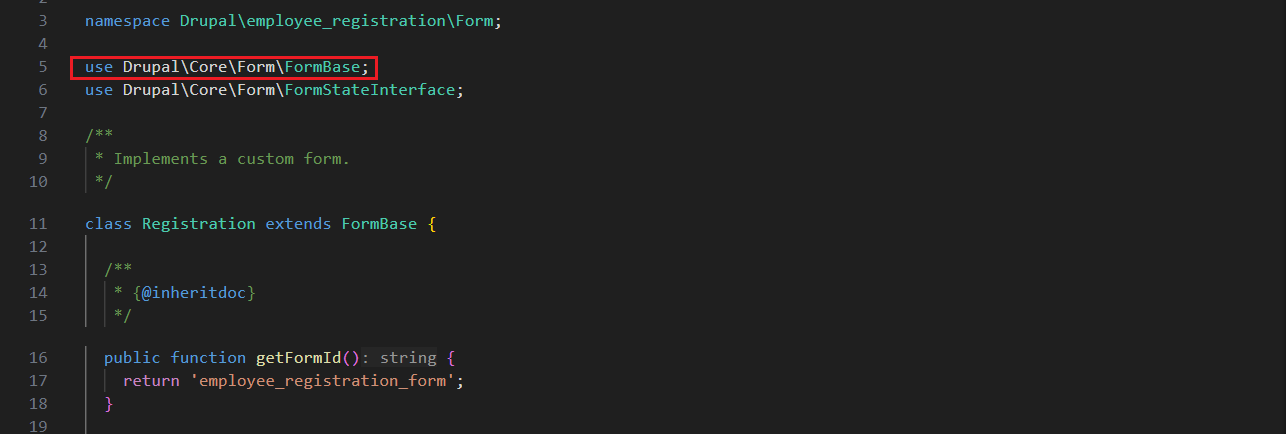

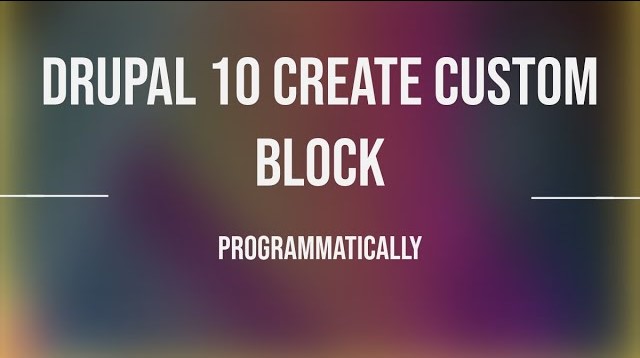
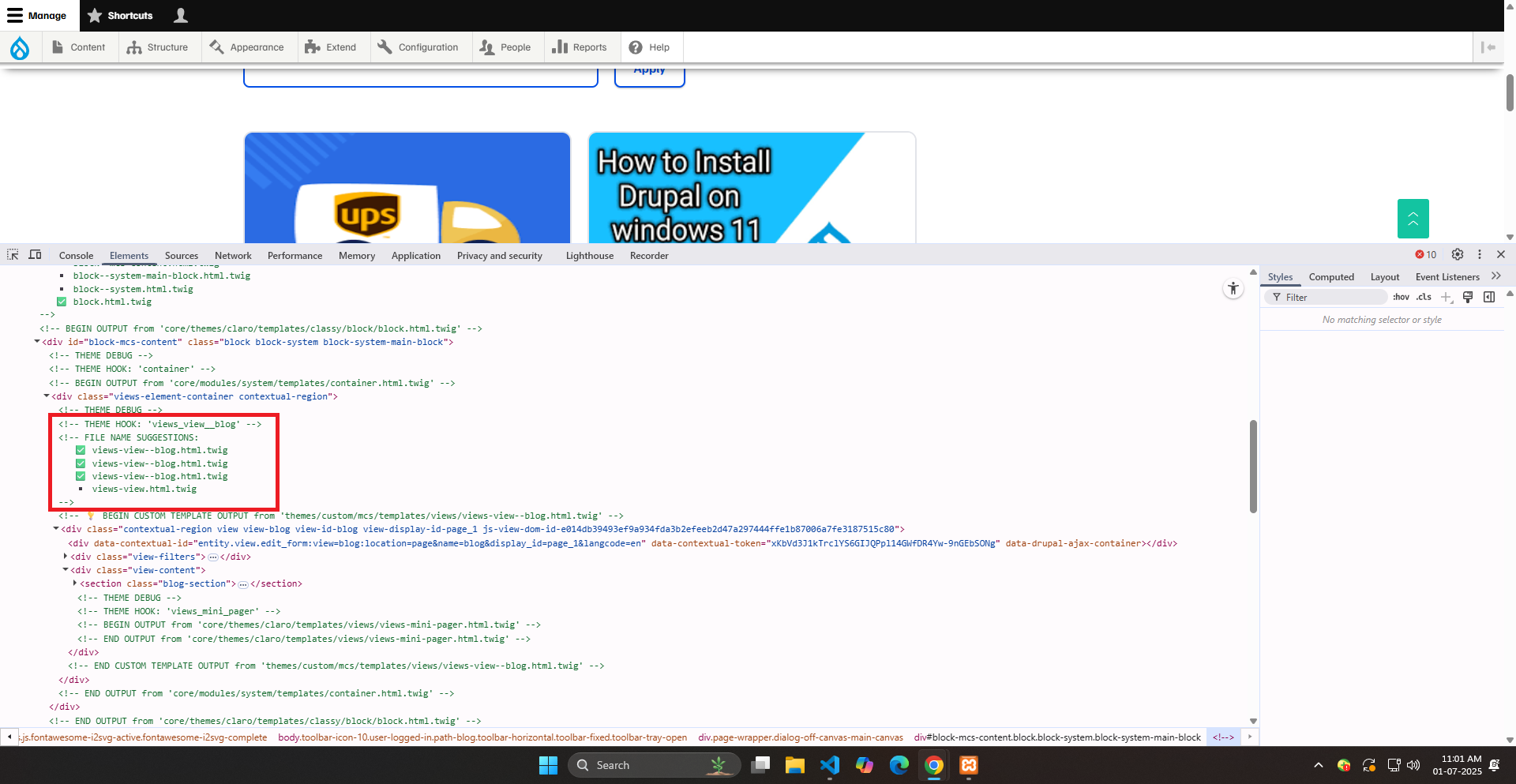

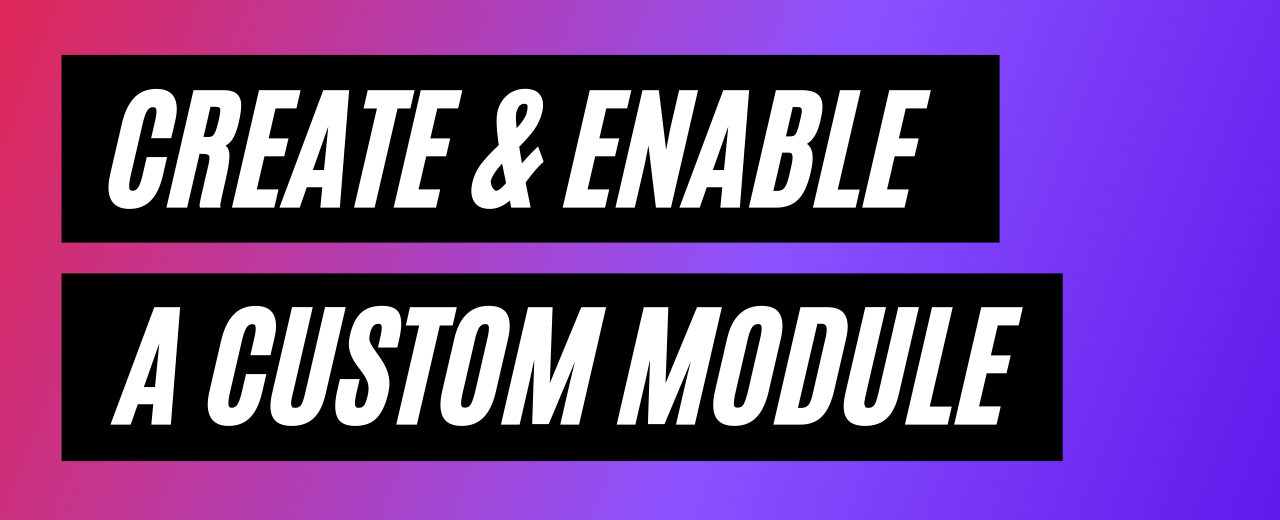





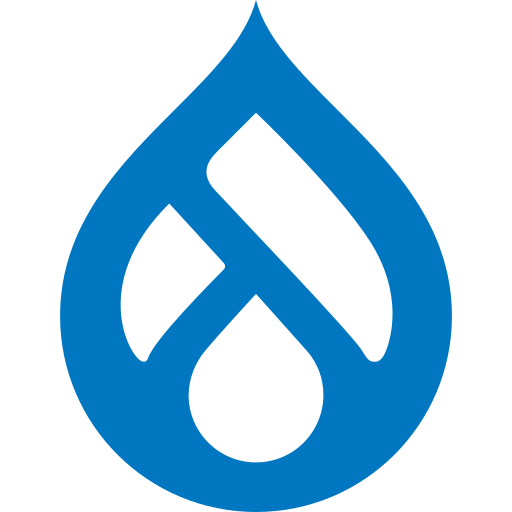









Comments
Add new comment